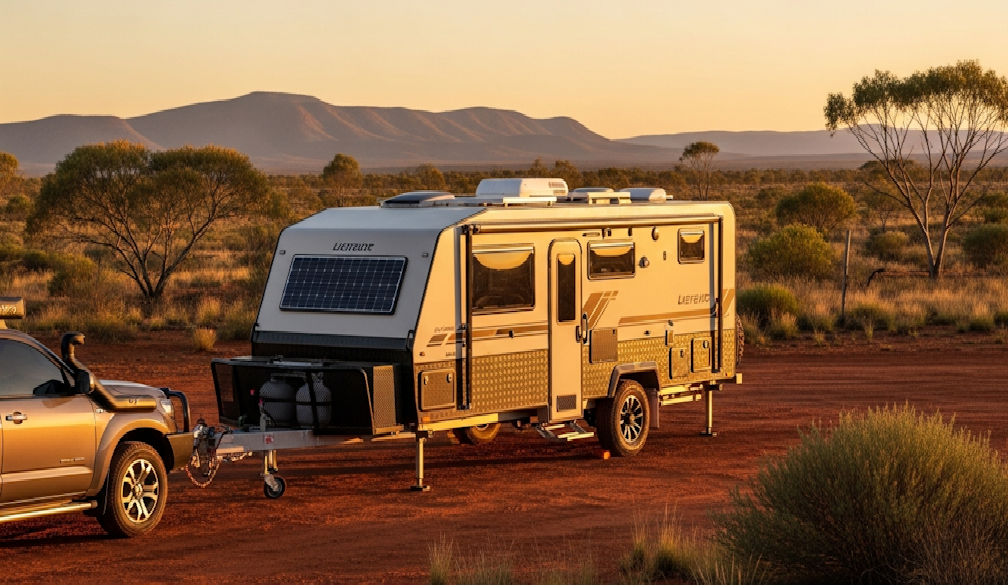Pay for Convenience: The Perks of Using a Business Registration Service
- Written by Emily Stuart

If you are looking to register your company so you can finally be a legitimate business, with all the right licences and paperwork, then you will benefit from using a Business Registration Service. They are designed to help you make a quick and easy registration.
Setting up your own business takes several steps, and it is not as swift as you think. With the help of the right partner, you can set up your company without any headaches. Here are the benefits of using this kind of service:
Hassle-Free Process
You don’t have to go to each agency to fill-up all the required paperwork. All you have to do is get in touch with the service representative, and they will do all the legwork for you. You can even choose your company name online. On top of that, all applications can also be filled remotely.
Once everything is approved, you can sign all the crucial documents and begin trading. Sometimes, it just makes a lot of sense to pay for convenience, especially when you are in a rush to start your business operations.
Saves on Resources
Imagine going to all the offices to fill up the forms. It eats up a lot of your time because you have to queue up. On top of that, you waste your money because you have to pay for gas or public transportation expenses. When you go through these extra lengths to register your business, you also expend your energy.
If you hire a Business Registration Service, you can leverage their network so you will save these resources. You will have time to focus on developing your products and improving your marketing plans.
Easy Answers to Questions
Newbie business owners, and even those who have been in the industry for a while, have a lot of questions. New business policies and regulations always crop up based on the requirement of the state and your local government units. If you want easy answers to your questions, your service provider will be able to tell you what you need to know. This takes out the guesswork and appeases your mind immediately. It would be best to start your business with no doubts in your mind.
Offers Great Value for Money
Even though you have to pay for this service, you are reaping tremendous rewards. Since you are optimising the contacts and networks of your service provider, you will get done with all your requirements swiftly. The best part, you can do these tedious tasks in the comforts of your own home.
With the right partner, you are getting more than what you’re paying for. Before you know it, you have already gotten the approval informing you that your company is registered, and you can finally conduct your ribbon cutting to open your new business formally.
Final Word
If you are eager to start your company but don’t know how to get it done, it is important to find the right partner to help you with all the complex processes. With the help of a reputable business registration service provider, you will be able to offload the stress and the crucial paperwork to an expert who can get the job done in record time. For best results, call several service companies and ask for their rates. Go with an established service provider so you can start your company ASAP.
Author Bio: Emily Stuart is a farmer of words in the field of creativity. She is an experienced independent content writer with a demonstrated history of working in the writing and editing industry. She is a multi-niche content chef who loves cooking new things.













